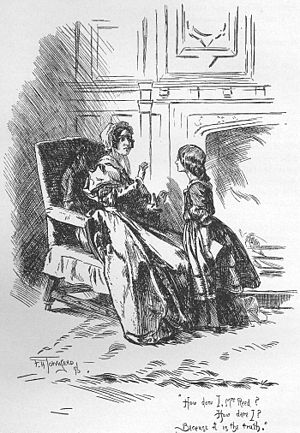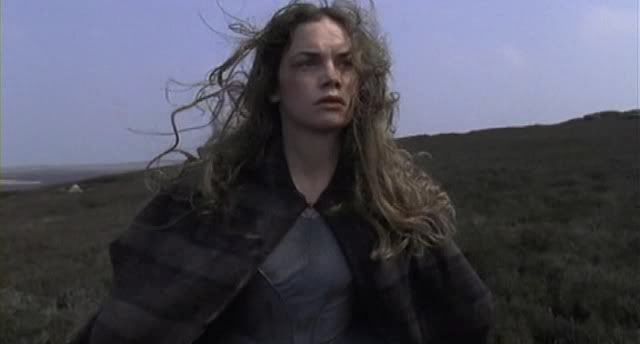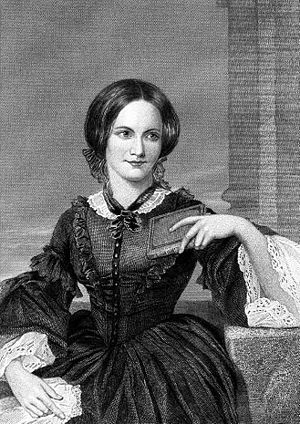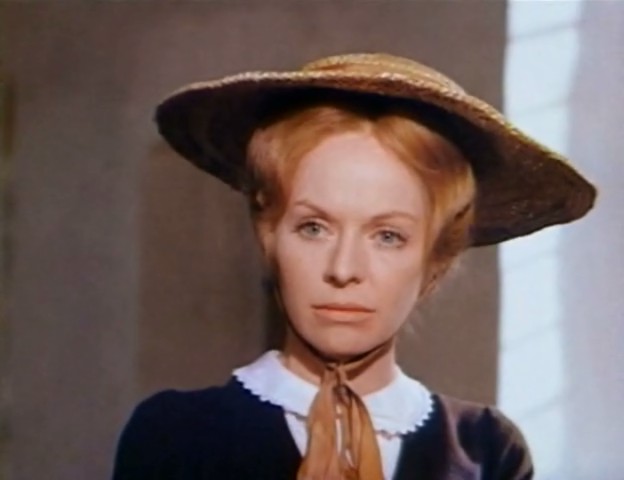I admire his courage and intellectual sharpness, period!
Labels
Chinese culture
(16)
art
(18)
book reviews
(34)
child abuse
(10)
culture comparison
(10)
ethics
(11)
go game
(2)
history
(19)
life
(76)
love
(12)
movie reviews
(20)
my aphorisms
(97)
philosophy/reason
(13)
quotes
(42)
random thoughts
(146)
religion
(17)
suicide
(3)
January 31, 2015
January 29, 2015
Scientific Theory, Evolution (Quote)
| (Photo credit: Wikipedia) |
... evolution is not only a theory, it's also a fact. The key to understanding evolution is to recognize how it can be both:
As a fact: Evolution is simply genetic changes occurring through time in a group of individuals (a population, a species, and so on). Scientists know that these changes occur. They can see the changes, measure them; in many instances, figure out when they happened.
As a theory: Evolutionary theory seeks to explain what's responsible for the evolutionary process - in other words, what causes these changes. What scientists know today is that natural selection and genetic drift are two key forces driving these changes."
--- Evolution For Dummies, page 335-336, by Greg Krukonis, PhD, Tracy Barr,
Labels:
quotes,
science,
scientific theory
January 27, 2015
Argument Is The Healthiest Thing In The World
| English: Dialectic and Philanthropic Societies debate at UNC in the New West building (Photo credit: Wikipedia) |
Labels:
argument,
debate,
discussion,
philosophy/reason,
random thoughts
January 25, 2015
Scientific Theories And Religious Theories - Are They Same Thing?
 |
| (Photo credit: Wikipedia) |
Labels:
evolution,
random thoughts,
religion,
science,
theory
January 23, 2015
Why Is Art More Popular Than Literature?
Because it's easier and safer for us to pretend that we UNDERSTAND.
True of false?
True of false?
Labels:
art,
literature,
my aphorisms,
pretentious,
understanding
January 22, 2015
How Can We Not "Offend" Anyone? Are We All Equally Guilty?
| English: "How dare I, Mrs Reed? How dare I? Because it is the truth." (Photo credit: Wikipedia) |
My first moral principle is clear and firm: never do anything to purposely hurt anyone. Just like Jane Eyre, I learned kindness through my hardship: When I was bullied during my childhood, the pain I felt when I was savagely beaten, only "inspired" me to make resolution, that I would never exert the same kind of pain to any other persons. Yes, I learned that before I heard the name of Jesus Christ, or Buddha, or any other "Saint"'s voice. And I can proudly say that in my life I've never done anything purposely hurt anyone.
Labels:
morality,
offense,
principle,
random thoughts
January 21, 2015
Monologues of Jane Eyre As (Once Again) An Outcast
Brilliant monologue and some excerpts from chapter 28, where Jane Eyre is again, an outcast, even faces the danger of starving to death.
-------------------------------
Not a tie holds me to human society at this moment--not a charm or hope calls me where my fellow-creatures are--none that saw me would have a kind thought or a good wish for me. I have no relative but the universal mother, Nature: I will seek her breast and ask repose.
-------------------------------
Not a tie holds me to human society at this moment--not a charm or hope calls me where my fellow-creatures are--none that saw me would have a kind thought or a good wish for me. I have no relative but the universal mother, Nature: I will seek her breast and ask repose.
Labels:
Charlotte Bronte,
classic literature,
excerpts,
Jane Eyre
Jane Eyre - One Pair Of Feet Planted In Independence
(They say that Jane Eyre is a required reading materials for high-school students. So does this mean a high school student can have a decent understanding of this literature classic? I read it when I was 16 or 17, but what I understood back then? “None”(exaggeration I may. I loved the book and watched the movie 6 times!). Because over 30 years later I re-read this book again, it struck me anew, electrified me like no other books!)
Jane Eyre, an orphan, an outcast of her own kindred, a ward of abusive institution, grows into a well learned and highly intelligent young woman. She learned kindness through hardship, learned love through her hateful abusers. Beside all these qualities, she has an earnest disposition for independence, which strikes me the most. Jane RESISTS anything that imposes upon her without her consent, not only cruel abuses but also mellow sweet love. Nothing can stay her way to hinder the will of her own. Yet she is soft, kind, sensitive and forgiving.
Jane Eyre, an orphan, an outcast of her own kindred, a ward of abusive institution, grows into a well learned and highly intelligent young woman. She learned kindness through hardship, learned love through her hateful abusers. Beside all these qualities, she has an earnest disposition for independence, which strikes me the most. Jane RESISTS anything that imposes upon her without her consent, not only cruel abuses but also mellow sweet love. Nothing can stay her way to hinder the will of her own. Yet she is soft, kind, sensitive and forgiving.
January 20, 2015
Jane Eyre As A Begger - A scene Ignored By Screen Adaptations
When Jane Eyre leaves Thornfield with astonishing resolution, she drops the heavenly happiness behind, throws herself into an absolute unknown fate. She spends 2 days in a coach, which takes all the money she has, which drops her in middle of no where. In the following 2 days, she is nothing but a beggar - who is ready to give up her last bit of pride for a slice of bread.
Labels:
beggar,
book reviews,
Jane Eyre,
moor,
village
Excerpts Of A Great Review of "Jane Eyre"
| (Photo credit: Wikipedia) |
--------------------
...
Jane, you are not only the essence of womanhood at its best but the finest specimen of humanity - so refined, so just, so fragile yet so iron-solid. So full of scorn yet so humble. So elegant even in utter distress.
Labels:
book reviews,
Charlotte Bronte,
Jane Eyre
January 17, 2015
Susannah York And George Scott - The Best Jane and Rochester
The movie was relatively short, probably too short comparing with original, that's why I was disappointed the first time when I watched it. However, something dragged me back to theater, and after several times re-watching it, I had to admit, the power of the movie was almost equal to the book.
January 12, 2015
When Does Philosophy Begin?
Philosophy begins when one learns to doubt - particularly to doubt one's cherished beliefs, one's dogmas and one's axioms.
--- Will Durant (The Story of Philosophy)
--- Will Durant (The Story of Philosophy)
Labels:
belief,
doubt,
philosophy,
quotes,
will durant
January 11, 2015
A Few Thoughts On "The Idiot"

This is a book that I certainly would not take it "lightly", for it's philosophical profoundness. I personally feel related to the hero of the book, the prince Myshkin in many ways, though at my current age, I become more cynical than Myshkin in regard to this thing we call "human society". The prince Myshkin is known by Dostoyesky's readers as "Christ like", for me, he is nothing more than a pristine model of humanity, in contrast to most people (or majority of population), who are spoiled by qualities such as greed, ambition, vanity, etc.
January 9, 2015
Is Majority Always Innocent?
| (Photo credit: Wikipedia) |
Labels:
dictatorial system,
fundamentalism,
majority,
my aphorisms,
religion
January 7, 2015
Can We Choose Our Emotions?
Emotions, especially the kind that are strong and destructive, such as rage, angry, feeling offended, are not something we can choose, or necessarily choose, but something we should learn to control.
Labels:
choice,
control,
emotion,
my aphorisms
Subscribe to:
Posts (Atom)







